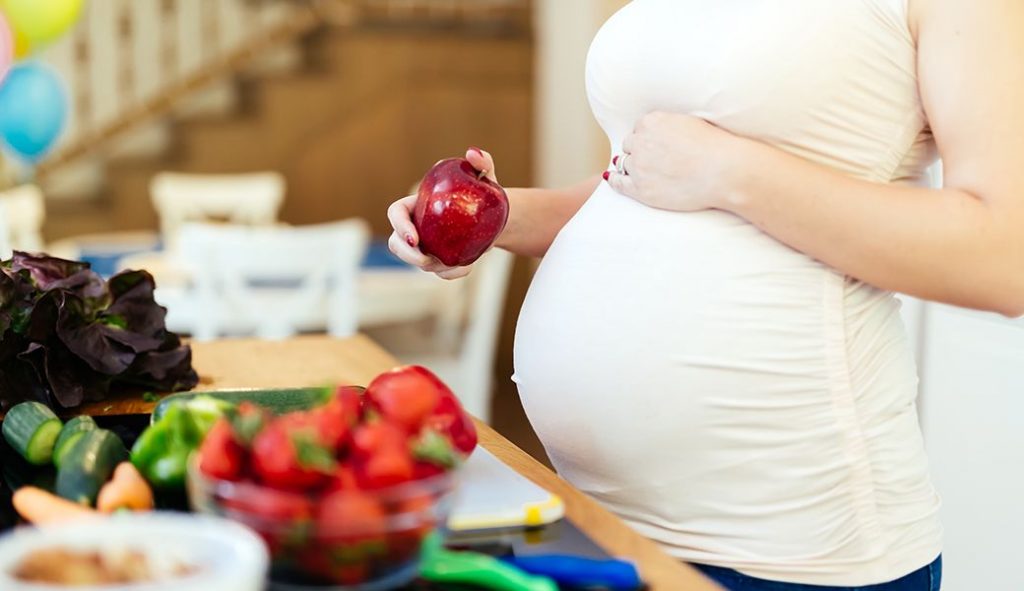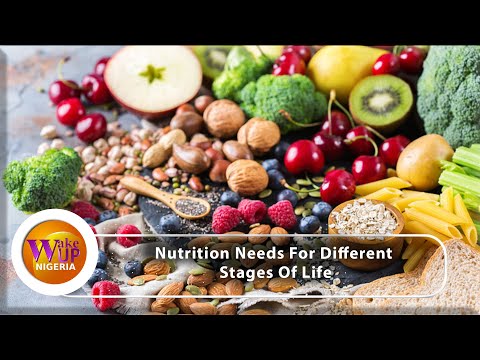Nutritional Biochemist and Researcher, Prof. Oluwatosin Adu made it known during this interview that a well-balanced diet full of essential nutrients can help support healthy ageing.

Pregnancy Diet & Nutrition: What to Eat, What Not to Eat
To maintain a healthy pregnancy, approximately 300 extra calories are needed each day. These calories should come from a balanced diet of protein, fruits and whole grains.
Sweets and fats should be kept to a minimum. A healthy, well-balanced diet can also help to reduce some pregnancy symptoms, such as nausea and constipation.
However, according to Professor Oluwatosin, the moment a woman knows that she wants to get pregnant, preparation should start because there is a need to have enough store of nutrients in the body in preparation for the new stage.
It is most important to have varieties of food. Choose foods and drinks with less added sugars, saturated fats, and sodium (salt).
Limit refined grains and starches, which are in foods like cookies, white bread, and some snack foods
Here is some food you can eat for nutrients.
- You can take in enough fluids by drinking several glasses of water each day, in addition to the fluids in juices and soups. T
- Vegetables: carrots, sweet potatoes, pumpkin, spinach, cooked greens, tomatoes and red sweet peppers (for vitamin A and potassium)
- Fruits: cantaloupe, honeydew, mangoes, prunes, bananas, apricots, oranges, and red or pink grapefruit (for potassium)
- Dairy: fat-free or low-fat yogurt, skim or 1% milk, soymilk (for calcium, potassium, vitamins A and D)
- Grains: ready-to-eat cereals/cooked cereals (for iron and folic acid)
- Proteins: beans and peas; nuts and seeds; lean beef, lamb and pork; salmon, trout, herring, sardines and pollock
See the video below for more for foods not to eat.

















